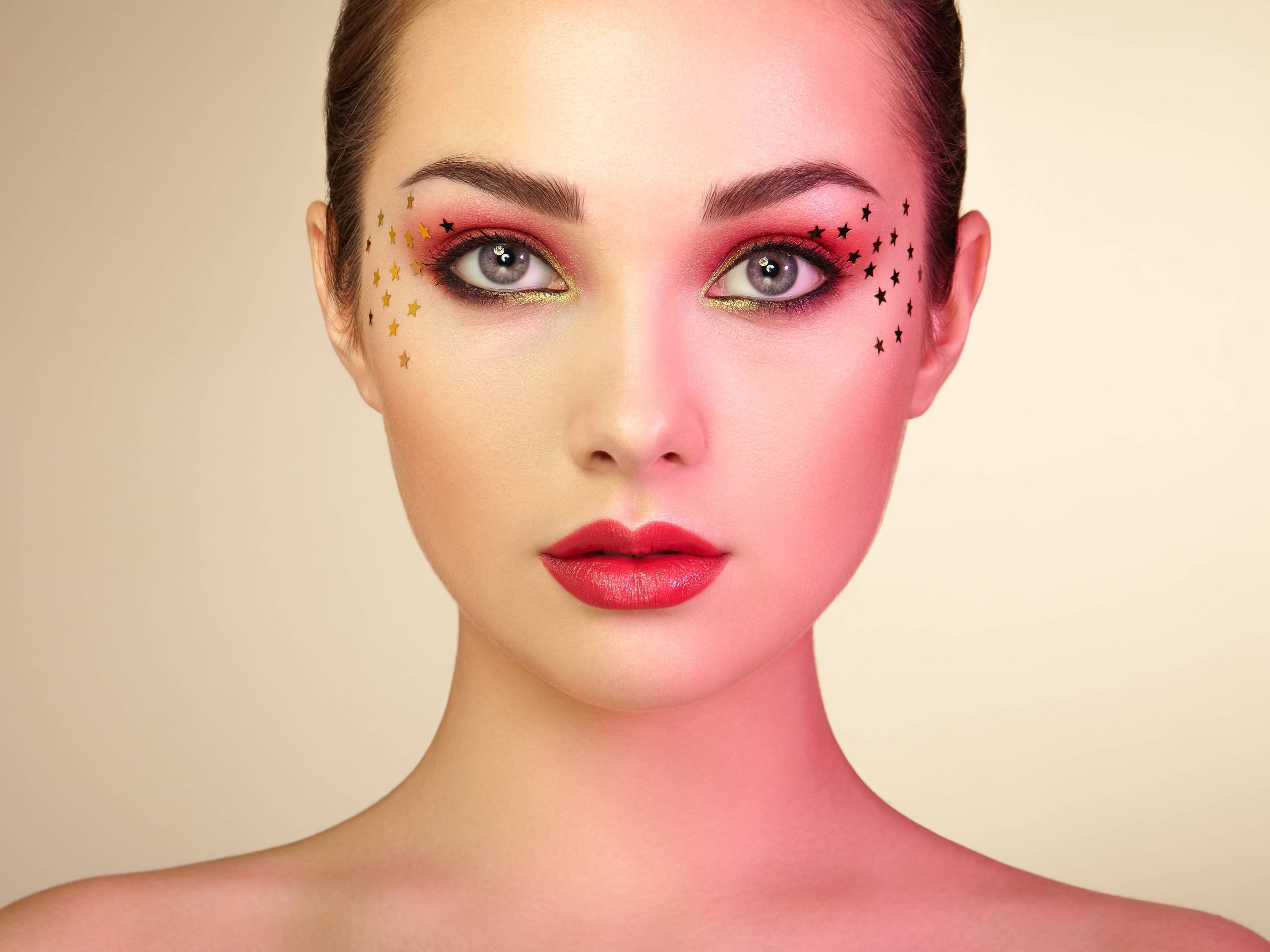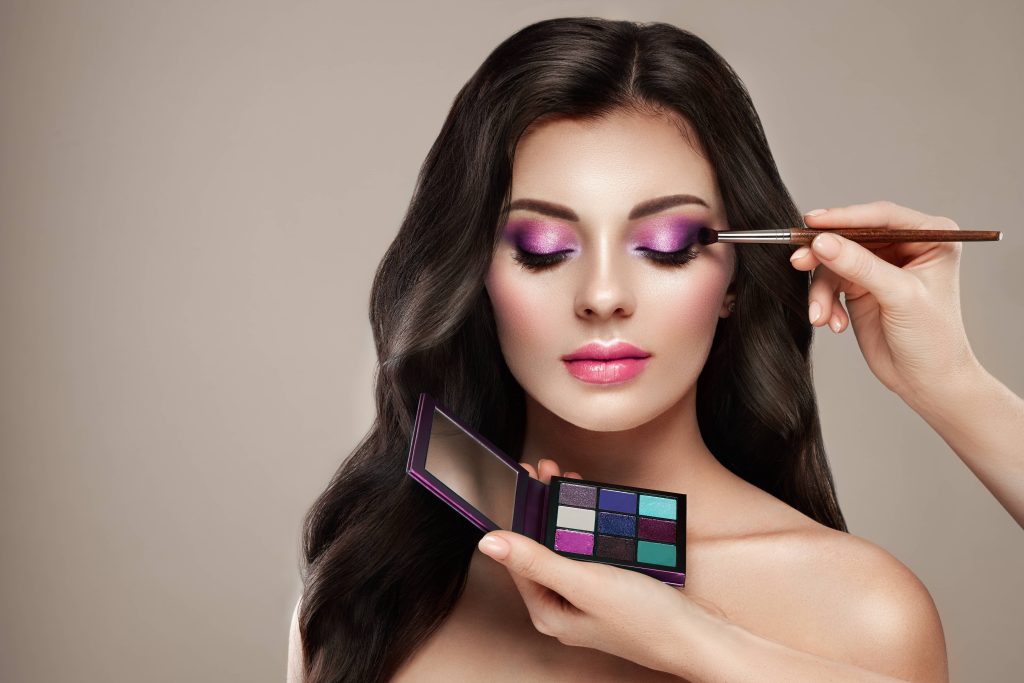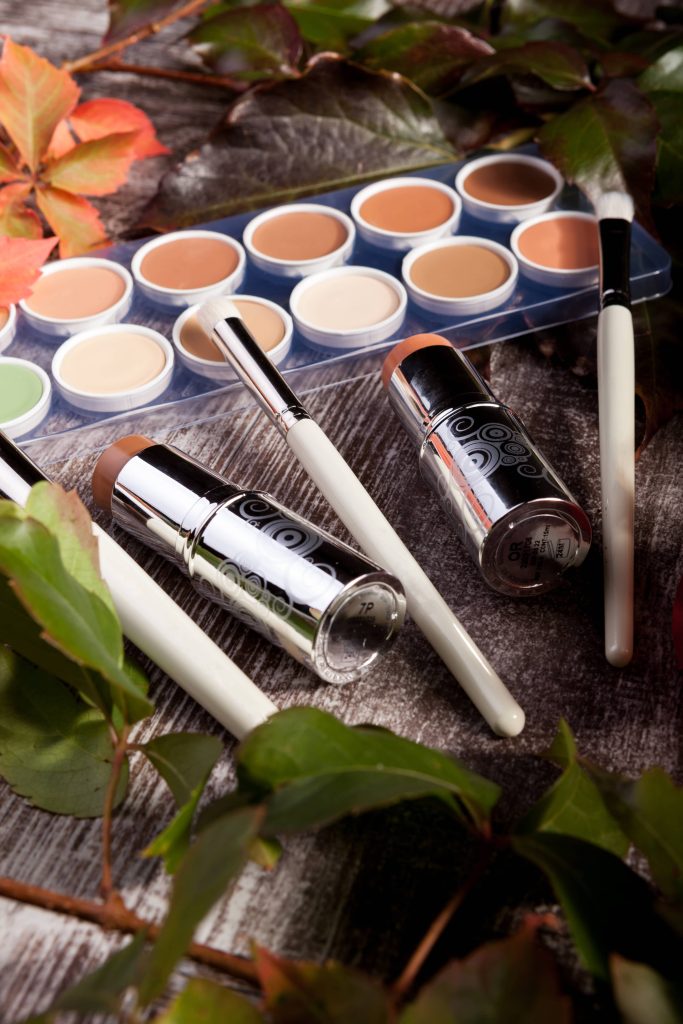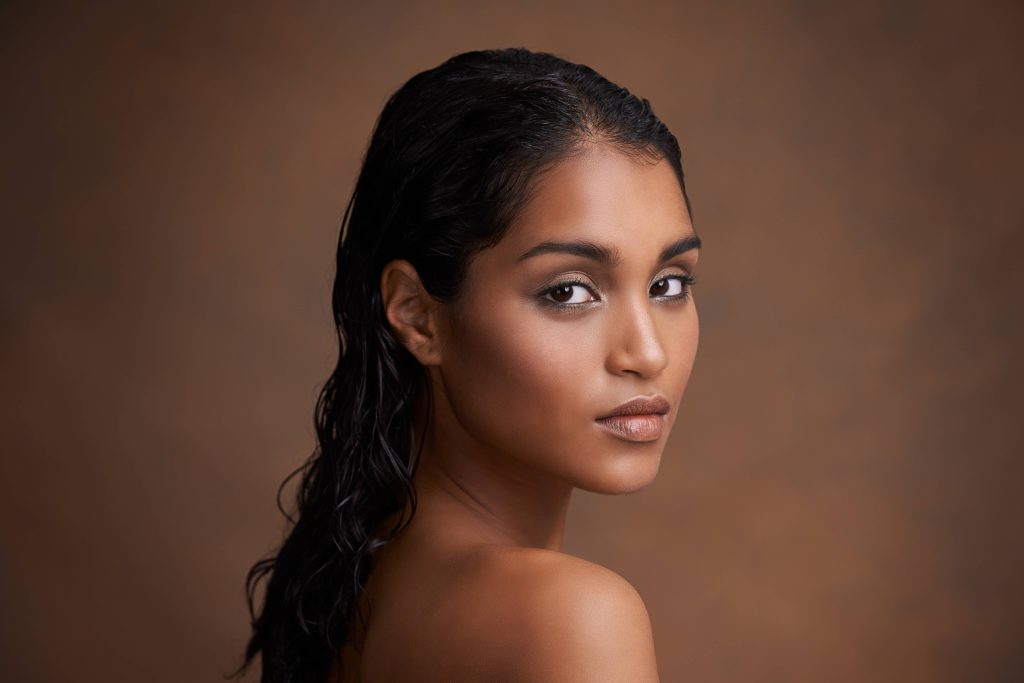
The beauty industry, ever-receptive to change and innovation, stands on the cusp of a technological revolution. With each passing year, technology continues to redefine what’s possible in beauty care and cosmetics, fundamentally transforming how products are developed, marketed, and consumed. As a beauty blogger passionate about the latest trends, it’s thrilling to witness this transformation and explore how tech innovations are reshaping the industry in ways previously unimaginable.
1. Augmented Reality (AR) and Virtual Try-Ons
One of the most visible tech advancements in the beauty industry is the use of augmented reality (AR) for virtual try-ons. Gone are the days when consumers had to venture to physical stores and test cosmetics on their skin. With AR, brands like Sephora and L’Oréal have developed apps that allow users to virtually try on makeup and hair colors from the comfort of their homes using their smartphones.
This technology not only enhances the shopping experience but also empowers consumers to make informed choices. By visualizing products on themselves before purchasing, customers can ensure they select colors and styles that complement their unique features. This has minimized the risk of buyer’s remorse and has also been a game-changer for experimenting with products that might not be readily available locally.
2. AI-Powered Personalized Beauty
Artificial intelligence (AI) is another tech frontier making waves in the beauty industry. AI-powered algorithms can analyze individual skin types, tones, and concerns to recommend highly personalized skincare routines and products. Brands like Proven Skincare use data from over 8 million customer reviews to formulate bespoke skincare solutions tailored to individual needs.
Personalization doesn’t stop at skincare. AI tools can also generate customized makeup products and provide styling advice. By harnessing customer data, brands can deliver an experience that feels personal and attentive, something that traditional methods have struggled to offer. This level of personalization builds brand loyalty and elevates consumer satisfaction.
3. 3D Printing in Beauty
3D printing is an innovation that is disrupting multiple industries, and beauty is no exception. L’Oréal has been at the forefront of exploring how 3D printing can manufacture complex shapes for packaging and create prototypes with unmatched precision. This has paved the way for faster product developments and reduced waste in the production process.
Further, there is potential for 3D printers to create custom makeup solutions, such as perfectly matched foundation color. Although this is still in developmental stages, the possibility of on-demand, personalized cosmetics could revolutionize how products are distributed and reduce the environmental impact of overproduction.
4. Smart Beauty Devices
Another trend making headlines is the rise of smart beauty devices designed for home use. Gadgets like smart mirrors, facial cleansing brushes with AI capabilities, and apps linked to skin analysis devices offer salon-level skincare from the comfort of your home. For example, Foreo’s smart facial cleansing brushes use Bluetooth to connect to an app for setting preferences and tracking skin progress over time.
These devices do not just replicate existing beauty services; they enhance them by integrating data collection and analysis to optimize skincare routines. The convenience and effectiveness of these tools have made them highly appealing, especially after a global pandemic that emphasized the importance of at-home self-care.
5. Blockchain and Transparency
Consumers today are more informed and conscious than ever before. With growing concerns around ethical sourcing, cruelty-free practices, and transparency, blockchain technology offers answers. By ensuring an immutable record of a product’s journey from raw material to consumer, blockchain can confirm ethical claims and build consumer trust.
Companies can utilize blockchain to track and prove compliance with industry regulations and sustainability commitments, offering transparency that has often been lacking. This innovation is critical as consumers, especially younger demographics, increasingly prioritize ethical consumption in their purchasing decisions.
6. Augmented Reality in Retail Spaces
AR is not only confined to mobile apps. Physical beauty retail spaces are beginning to incorporate AR to enhance in-store customer interactions. AR screens and mirrors can provide additional product information, assist with ingredient breakdowns, and suggest complementary products.
Such tech installments turn a shopping trip into an interactive and engaging experience, blending the benefits of online personalization with the tactile satisfaction of in-store shopping. As retail begins to bounce back post-COVID, this hybrid model stands to benefit from tech-driven enhancements.
7. Social Media and AI Influencers
Social media continues to play a pivotal role in beauty marketing, but AI is taking this influence to new heights. AI-generated influencers, like Lil Miquela, are becoming viable brand ambassadors. These virtual personas are programmed to engage with followers, showcase beauty products, and elevate brand profiles.
While still in its nascent stages, this trend indicates how AI can craft narratives and build engagement that feels personal and humanized, despite being entirely digital. For brands, AI influencers can be a cost-effective alternative to human influencers, providing creative control over branding initiatives.
Conclusion
Technology is not just transforming the beauty industry; it is enhancing it, merging the artistry of beauty with the precision of science. As consumers, we are positioned to benefit from more personalized, ethical, and efficient beauty solutions, while brands can offer unique, innovative products that cater to our evolving needs and preferences. Keeping an eye on these trends is not just fascinating—it’s essential to understanding the future of beauty as we know it. Whether you’re a beauty enthusiast or industry professional, the integration of technology in beauty signals an exciting era of limitless possibilities.



